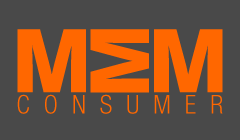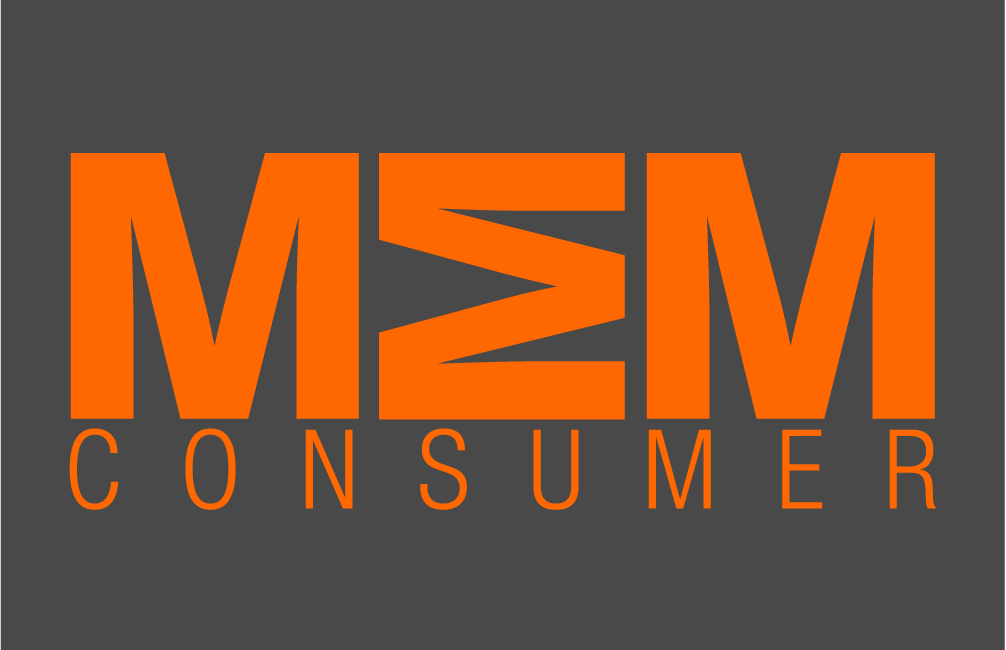Electronic Data Interchange, or EDI has been made more widely available recently. However, before now, most organisations looking to venture into EDI did not have the variety of choice when it came to selecting a vendor. A range of major customers also often imposed standards, technology and vendors as a condition of doing business.
This has all changed as the technology has progressed and EDI has become more widely available, now, the market place for EDI vendors is quite competitive. Now, the increasing pace of commerce and volumes of data processed means that EDI is no longer optional. The offers both managed and pay as you go services, meaning that services now require little commitment. This also means that companies wanting to change their EDI should find the process relatively straightforward and inexpensive.
Despite how easy and inexpensive changing the EDI service and vendor used, it is better to make sure that the right decision is made the first time round. By making sure that the right interchange is chosen from the start will avoid some of the problems that were associated with the older style Value Added Network, or VAN, providers. Essentially companies are better off taking time to select the right EDI service to avoid complacency, service degradation, increased prices and a range of highly complex charging systems. These charging systems have led to a number for companies avoiding adopting EDI unless forced, and therefore missing out on all of the well-known benefits of the service.
EDI is a constantly changing sector, so businesses choosing to adopt this process have to make sure that they select the most future proof options possible. As this sector continues to develop, the concept of âopen policiesâ are becoming more and more popular, while older services are looking to optimise for the new technologies as well as evolve to reflect the changing business needs.















